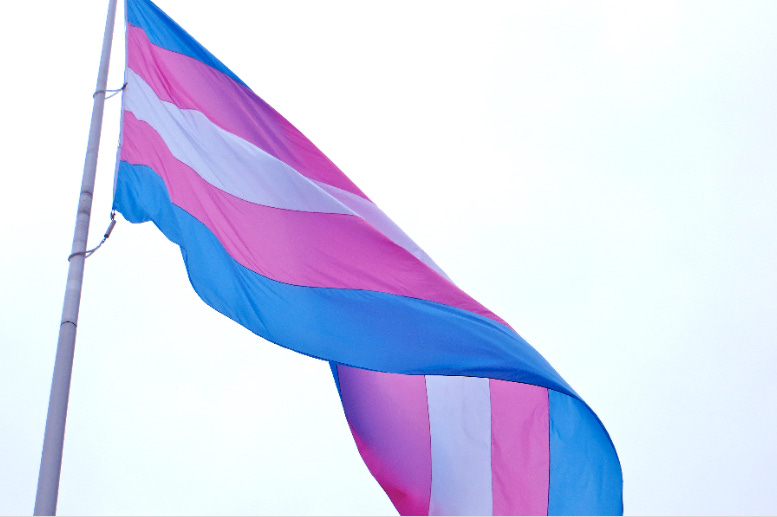Australia’s bishops unveil gender and identity guide for schools
The document outlines principles for ‘effective pastoral care for gender variant students.’

Australia’s bishops issued Tuesday a guide on gender and identity for Catholic schools.
The 12-page document, “Created and Loved,” underlined that Catholic schools “naturally wish to provide effective pastoral care for gender variant students.”
But it rejected views that are “inconsistent with a Christian understanding,” such as that “gender is something …
